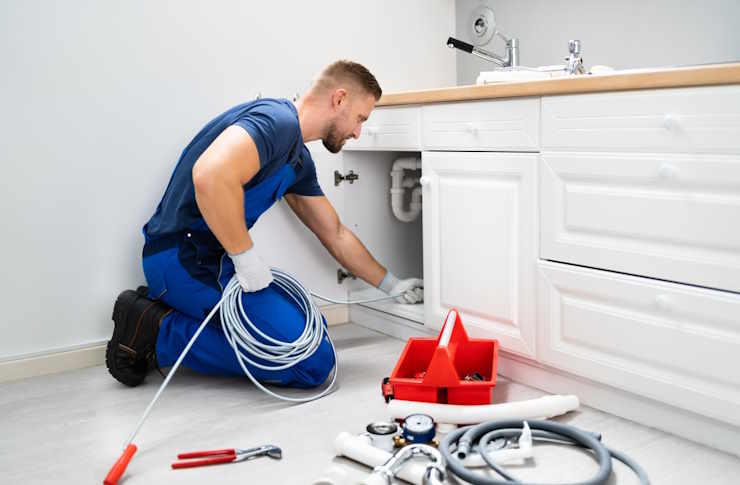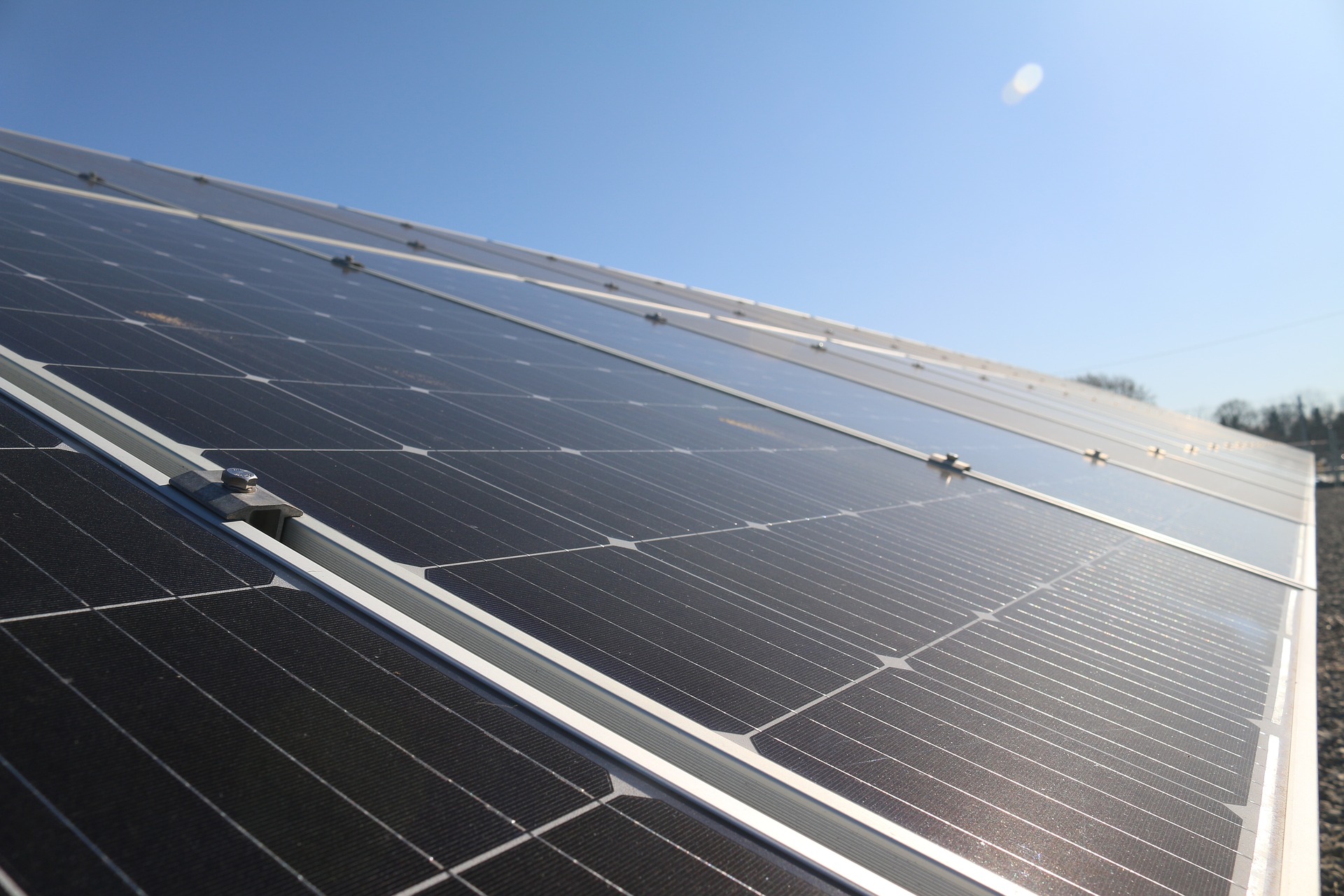Explore Modern Water Heater Options
Upgrading your home's water heating system can significantly impact both comfort and utility bills. Modern water heaters offer improved efficiency, innovative technologies, and various fuel options to meet diverse household needs. Understanding the range of available options helps homeowners make informed decisions when replacing outdated systems or building new homes.

The water heater is an essential component of any comfortable home, providing hot water for bathing, cleaning, and cooking. As technology advances, today’s water heaters offer significant improvements in efficiency, performance, and features compared to older models. Whether you’re replacing an aging unit or selecting equipment for a new construction, understanding the various types of modern water heaters can help you choose the most suitable option for your household needs and budget constraints.
Understanding Different Types of Water Heaters
Modern water heaters come in several distinct categories, each with unique advantages. Traditional tank water heaters store and continuously heat a reservoir of water, providing immediate hot water when needed. Tankless water heaters heat water on demand as it flows through the unit, eliminating standby energy losses. Heat pump water heaters extract warmth from surrounding air to heat water, using significantly less electricity than conventional resistance heating. Solar water heaters harness the sun’s energy to reduce or eliminate conventional fuel usage, while condensing water heaters capture heat from exhaust gases that would otherwise be wasted. Each technology serves different household sizes, climates, and budget requirements.
Energy Efficiency Ratings and Environmental Impact
Water heater efficiency has become increasingly important as energy costs rise and environmental concerns grow. Modern units feature improved insulation, smart controls, and advanced heating technologies that significantly reduce energy consumption compared to older models. The efficiency of water heaters is typically measured by Energy Factor (EF) or Uniform Energy Factor (UEF) ratings, with higher numbers indicating greater efficiency. ENERGY STAR certified models exceed minimum federal standards, often using 10-50% less energy than standard models. When evaluating water heaters, consider both the upfront purchase price and the long-term operating costs, as more efficient models generally cost more initially but deliver substantial savings over their lifespan through reduced utility bills.
Installation Requirements and Space Considerations
Different water heater types have varying installation requirements that may influence your decision. Traditional tank heaters require significant floor space but are generally simpler to install, especially when replacing an existing tank unit. Tankless models have a much smaller footprint but may require upgraded gas lines, venting, or electrical systems to accommodate their higher power demands. Heat pump water heaters need sufficient air space around the unit and work best in locations that remain in the 40°F-90°F range year-round. Solar systems require proper roof orientation and sufficient unshaded space for collectors. When planning an installation, consider not only the physical space requirements but also ventilation needs, drainage provisions, and accessibility for maintenance and eventual replacement.
Water Heater Cost and Expected Lifespan
Water heater costs vary significantly based on type, capacity, efficiency, and features. Conventional tank water heaters typically represent the lowest initial investment, ranging from $400-$1,500 for the unit alone. Tankless models generally cost $700-$2,000 before installation. Heat pump water heaters typically range from $1,200-$3,500, while solar systems can cost $2,000-$5,000 or more depending on complexity. Installation costs add significantly to these figures, particularly when switching between different technologies. However, operating costs and lifespan should factor into the total cost calculation. Traditional tanks typically last 8-12 years, while tankless units often reach 15-20 years with proper maintenance. Heat pump and solar systems generally fall in the 10-15 year range but offer substantial energy savings throughout their operation.
Comparing Popular Water Heater Models and Brands
The water heater market features numerous manufacturers offering various models with different specifications and features. Understanding the strengths of major brands can help narrow your selection process.
| Brand | Popular Model | Type | Capacity/Flow Rate | Energy Factor | Warranty | Estimated Cost |
|---|---|---|---|---|---|---|
| Rheem | Performance Platinum | Tank | 50 gallons | 0.93 UEF | 12 years | $1,000-$1,300 |
| A.O. Smith | Signature Premier | Tank | 40 gallons | 0.70 UEF | 10 years | $700-$900 |
| Rinnai | V65IN | Tankless | 6.5 GPM | 0.82 UEF | 15 years (heat exchanger) | $900-$1,200 |
| Bradford White | RE350S6 | Tank | 50 gallons | 0.92 UEF | 6 years | $850-$1,100 |
| Navien | NPE-240A | Tankless | 11.2 GPM | 0.96 UEF | 15 years (heat exchanger) | $1,400-$1,800 |
Prices, rates, or cost estimates mentioned in this article are based on the latest available information but may change over time. Independent research is advised before making financial decisions.
Planning for Hot Water System Upgrades
Upgrading your water heating system requires careful planning to ensure optimal performance and value. Begin by assessing your household’s hot water needs, considering factors like family size, usage patterns, and simultaneous demands. Evaluate your current energy source availability and costs—natural gas, electricity, propane, or solar potential—as these significantly impact operating expenses. Consider future needs and how long you plan to remain in your home, as this affects the return on investment calculation for premium efficiency models. Many utilities and government agencies offer rebates or tax incentives for energy-efficient water heaters, which can substantially reduce upfront costs. Professional assessment from qualified plumbers or energy auditors can provide valuable insights into the most suitable options for your specific situation. Finally, develop a timeline for replacement that allows for research and installation scheduling, particularly important if replacing an aging unit before complete failure.




